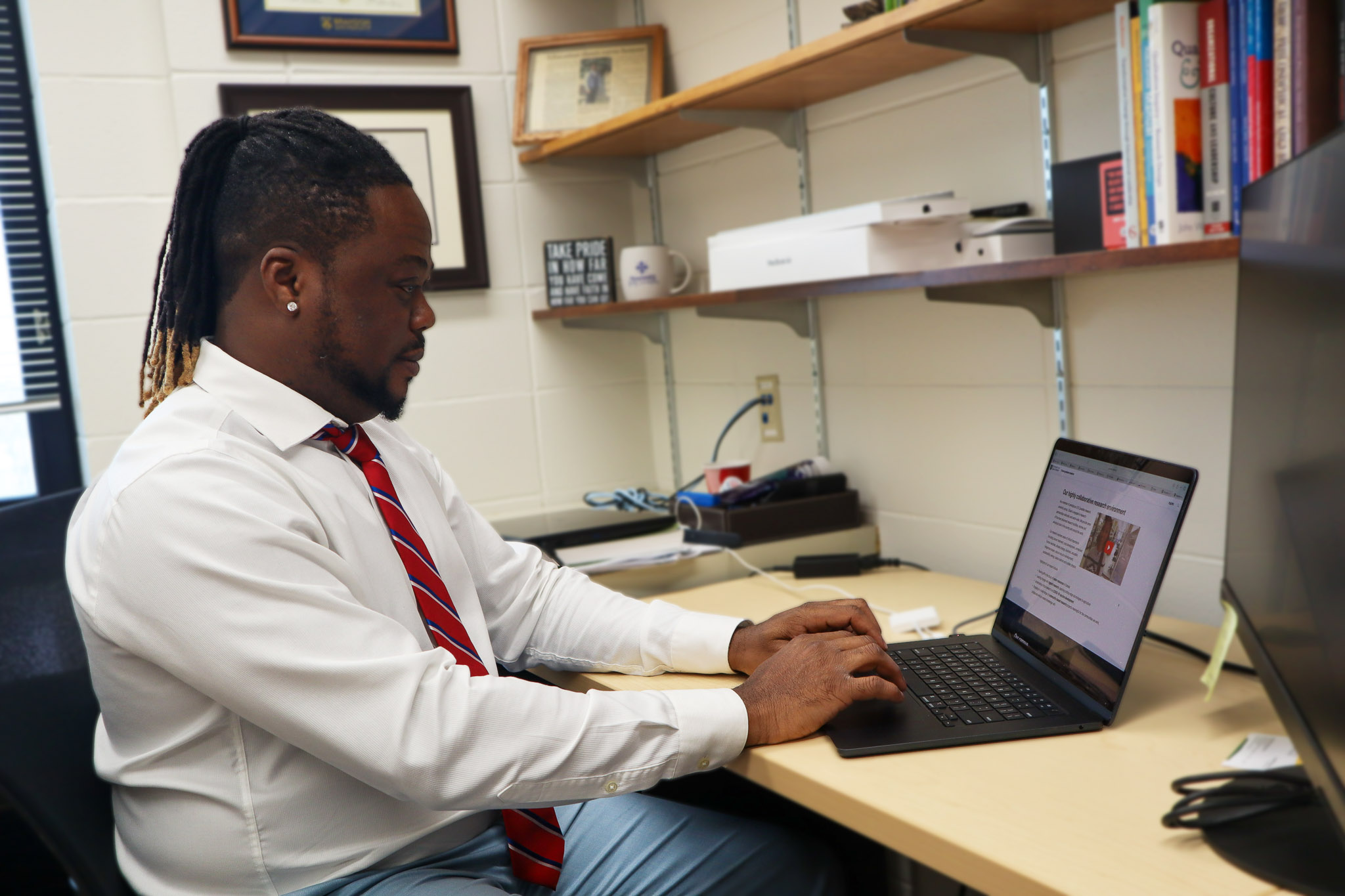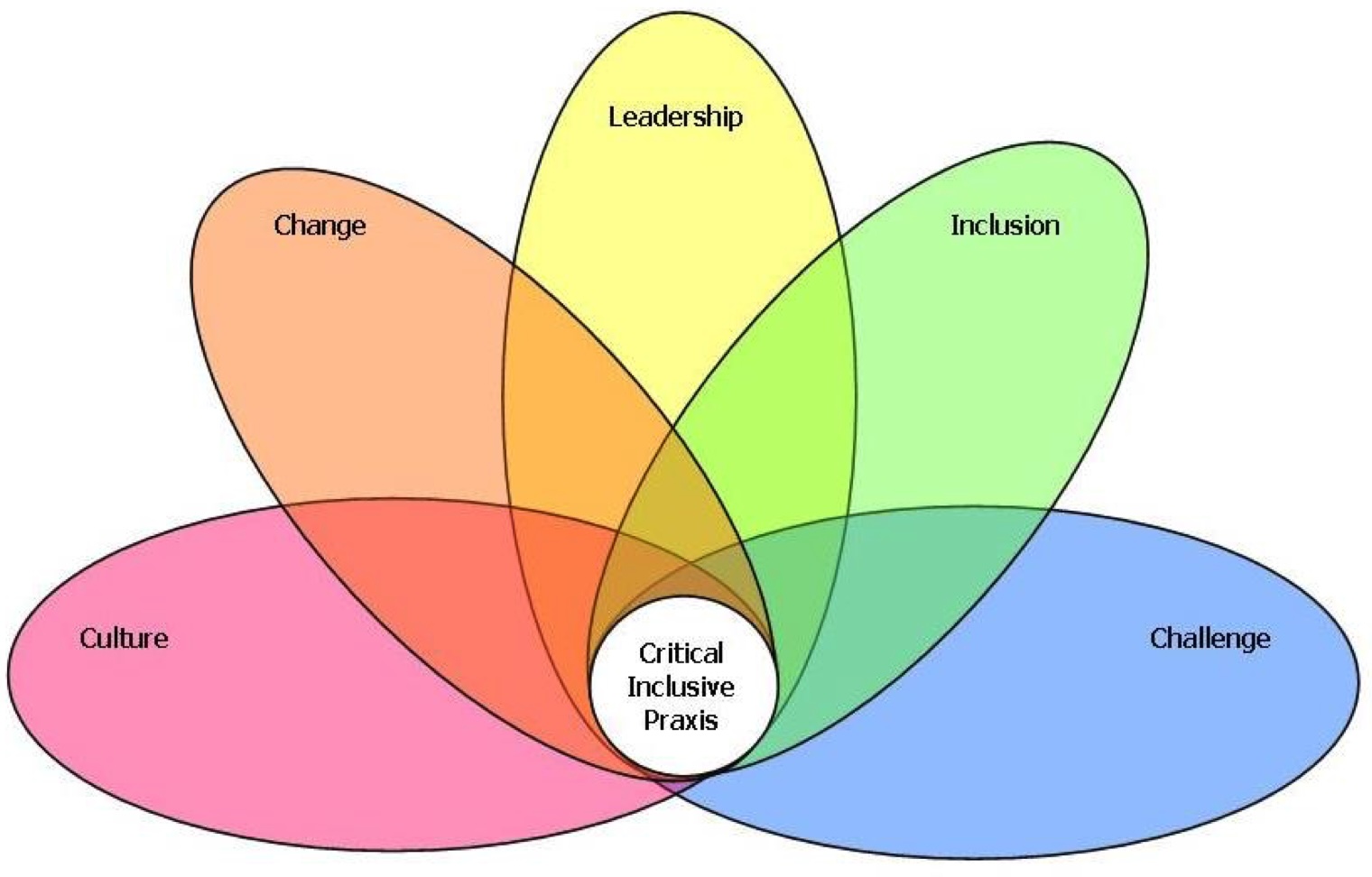
Leadership in diversity: New faculty member using lived experiences to drive systemic change
Dr. Ayodeji Osiname (PhD) is dedicated to advancing educational leadership and promoting diversity education for marginalized communities.
By Connor JayOsiname joined the College of Education’s Department of Educational Administration as assistant professor in September 2024. Prior to joining the University of Saskatchewan (USask) he was an assistant professor at Brandon University.
Originally from Ogun State, Nigeria, Osiname’s road to USask was not a straight line. His father, an engineer, and his mother, a teacher and school administrator, were strong supporters of public education, but Osiname wanted to pursue the business world. He studied to be an accountant but struggled to find a job following graduation. He would find his way to the world of teaching.
“I fell in love with being around these kids,” said Osiname. “I was teaching grades three, four and five, and these kids were incredible. Amazing. And that's how the passion for teaching came.”
Finding inspiration in teaching, Osiname made the decision in 2013 to immerse himself in the educational world by moving to Canada as an international student to pursue a graduate degree. His passion for the field was so strong that he was willing to move from Nigeria’s warm and relaxing environment to the frigid landscape of Canada.
“When I left Nigeria [in January 2013], it was above 30 degrees Celsius,” said Osiname. “Twenty-four hours later when I landed in Winnipeg [Manitoba], it was 30 degrees below Celsius. I couldn't believe people live here. It was just so unreal to me. I realized that adapting to that weather is one thing that I needed to do in order to find success in Canada.”
Besides adjusting to the temperature, Osiname encountered a steep learning curve understanding Canada’s education system when he began his master’s program at Brandon University. Since his courses were based online, he was missing out on in-person interactions. Luckily, he found a job as a research assistant.
“Having the research assistant job gave me exposure to conduct research, access to international and national conferences and gave me the tools to navigate the educational landscape in Canada,” said Osiname.

As he became more comfortable with his new environment and connections, he was able to immerse himself fully into his research. His master’s thesis, The effect of the school principal building an inclusive school culture during times of change and challenge, examined various leadership styles selected school administrators used to encourage inclusivity in their respective schools and communities. He conceptualized a framework called Critical Inclusive Praxis that use a school principal’s critical reflection to transfer the ideas into action. Osiname finished his master’s program in 2016, but he felt like his learning journey was just taking off.
“I wanted more. I wanted to write more, I wanted to do more. [My supervisor] said that I needed to do my PhD,” Osiname said.
Osiname’s supervisor submitted his thesis to the Canadian Association for the Study of Educational Administration (CASEA) which recognized him with the 2016 Margaret Haughey Master's Award. The highly competitive award recognizes superior research and writing by a master’s student in educational leadership. Following this, he was easily convinced to pursue a PhD, this time from the University of Manitoba.
Continuing to focus on research into antiracism and belonging for Canadian newcomers, Osiname tapped into his own experiences to drive his dissertation. His work analyzed how newly immigrated African children, and their families find belonging in the K-12 school system.
When describing his postdoctoral research completed at Brandon University, Osiname explained, “I looked at credentialing barriers for newcomers living in southwestern Manitoba, and I looked at the hiring process of employers and the human capital that immigrants bring to Canada. I collected information from these groups and then made recommendations for how we can bring about equity in the recruitment or employment process.”
“I'm a witness to the pain of those people around me and others in the community. I believe that humans can rise above typical patterns once they are exposed to the challenges and then have a vision for a more quality path forward. I really want to support individuals that cannot face their challenges alone and to help them find success and thrive,” he shared.
Osiname believes love can be the most influential factor uniting people. He emphasizes respect and acceptance of one another despite differences.
"Relationships are really essential to both success and well-being,” said Osiname. “And we must become more open to connections to allow ourselves the opportunity for growth.”
His research in developing systems of openness for marginalized communities is mirrored in his daily thoughts and practice. He hopes the world embraces these groups so that everyone can reach their full potential.
“Openness is essential to critique our narratives and recognize that our assumptions can be incorrect. Breaking down these barriers will help us address wellness issues, the climate crisis and many other challenges threatening our human communities,” said Osiname.
"Our society has increasingly become a tapestry, not only in its colours, but in the woof and weave of its fabric. Leaders and children — indeed, all of us — need to build awareness of the richness of each thread, as well as skill in the weaving process, so that our ever-changing tapestry is stronger for its differences."

